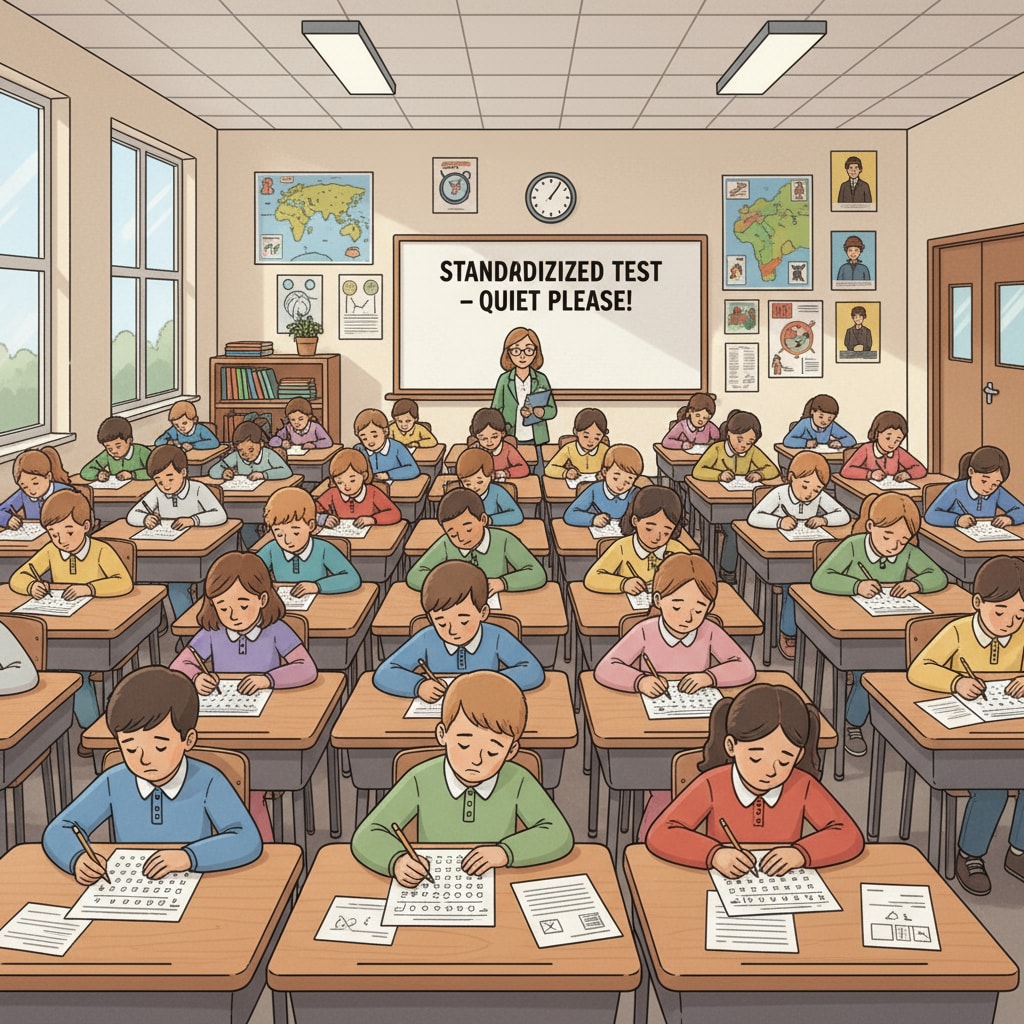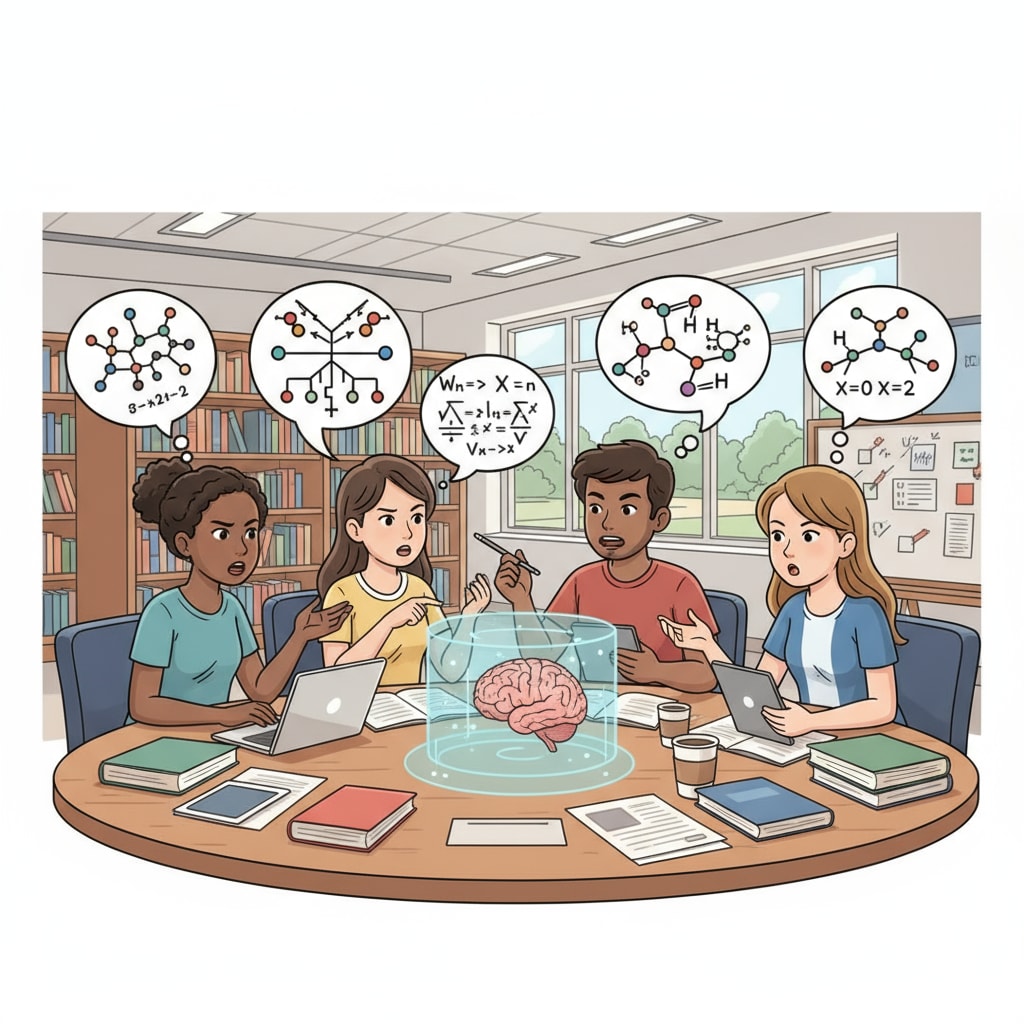Standardized tests, memory, and critical thinking are concepts that have long been intertwined in the realm of education. In today’s K12 education system, standardized tests have become a cornerstone, but do they really measure a student’s true learning ability and depth of thinking? Let’s take a closer look.

The Dominance of Standardized Tests in K12 Education
Standardized tests have gained significant prominence in K12 education. These tests are designed to provide a uniform measure of students’ knowledge and skills. However, they often place a heavy emphasis on rote memory. For example, students are frequently required to memorize facts, dates, and formulas to perform well on these tests. This focus on memory can overshadow the development of critical thinking skills. According to Wikipedia’s entry on standardized tests, the widespread use of these tests has led to a teaching-to-the-test mentality in many schools.
The Neglect of Critical Thinking
Critical thinking involves the ability to analyze, evaluate, and form one’s own opinions. Unfortunately, standardized tests rarely assess these higher-order thinking skills. Instead, they tend to reward students who can regurgitate information. As a result, students may be able to pass these tests with high scores but lack the ability to think critically about complex issues. This neglect of critical thinking can have long-term consequences for students’ intellectual growth.

To address this issue, educators and policymakers need to consider alternative assessment methods. These methods should focus on evaluating students’ ability to think critically, solve problems, and apply knowledge in real-world situations. By doing so, we can better prepare students for the challenges of the 21st century. In addition, as stated on Britannica’s page on education, a more balanced approach to assessment can enhance the overall quality of education.
Readability guidance: The key points here are the dominance of standardized tests, their overemphasis on memory, and the neglect of critical thinking. We need to explore ways to change this situation and promote better assessment methods.


